Apply for this course
Please select when you would like to start:
Use the apply button to begin your application.
If you require a Student visa and wish to study a postgraduate course on a part-time basis, please read our how to apply information for international students to ensure you have all the details you need about the application process.
Why study this course?
Our Sports Therapy MSc is a conversion degree designed for Sports Scientists and similar graduates who wish to learn, develop and apply evidence-based clinical skills to a therapy setting. You will learn how to diagnose and treat musculoskeletal injuries and develop practical and clinical skills. On completing the course, you will be eligible for membership of The Society of Sports Therapists (SST), which gives you licence to practice as a sports therapist.
Take your career prospects to the next level
This course is designed for sports scientists and similar graduates who wish to learn clinical skills and apply their knowledge to a therapy setting
Become a member of the SST
Completing the course will make you eligible for membership of The Society of Sports Therapists (SST), which gives you licence to practice as a sports therapist
Make use of our cutting-edge resources
You’ll benefit from a range of specialist resources within our £30m Science Centre including a fully-functioning public clinic
Course modules
The modules listed below are for the academic year 2024/25 and represent the course modules at this time. Modules and module details (including, but not limited to, location and time) are subject to change over time.
Year modules
Clinical Assessment of Sports Injuries
This module currently runs:autumn semester - Tuesday afternoon
(core, 20 credits)
In this module you will develop the skills to undertake a clinical examination and assessment for any common sports injury to the upper or lower limb. You will review the relevant human anatomy and develop functional and biomechanical application of this to the assessment of peripheral joints. You will develop a critical awareness of current issues relating to sports injuries, epidemiology and mechanisms of injury, as well as their clinical reasoning and critical application of an examination and assessment in a sports setting.
Read full detailsClinical Studies in Sports Therapy
This module currently runs:spring semester - Wednesday afternoon
(core, 20 credits)
This module encompasses a holistic approach to the prevention, assessment and management of sports injuries in a wide range of populations (including those with specific considerations). Clinical reasoning will be developed through the understanding and application of examination and assessment techniques, as well as a variety of issues in the sporting context.
This module aims to provide the students with a level of knowledge and understanding appropriate to a Masters level Sports Therapist. This module will enable students to develop a critical understanding of issues in sporting environments and application of their skills to special populations. This will enhance their ability to apply theory to practise and improve their employability.
Read full detailsManual Therapy for Peripheral and Spinal Joints
This module currently runs:autumn semester - Wednesday morning
(core, 20 credits)
This module is intended to develop clinical reasoning for applying manual therapy mobilisation techniques to the peripheral and spinal joints. This module will develop a critical approach to technique selection for treating dysfunctional joints via analysis of contemporary research.
Read full detailsPhysiological Analysis of Sport and Exercise
This module currently runs:spring semester - Thursday morning
(core, 20 credits)
The Physiology content introduces students to the responses to the body to acute and chronic exercise training. Students are also familiarised with laboratory tests of physical performance to assess components of fitness and capacity for work and rehabilitation. The module is designed to provide students with an understanding of different analytical approaches to problems with the need to consider statistics and quality control in the design of projects. In addition, the module introduces students to methods of data analysis using computer software therefore Students will be supported to achieve a specific level of competence relating to theory, analysis and interpretation of exercise specific data..
Read full detailsSport and Exercise Rehabilitation
This module currently runs:spring semester - Wednesday morning
(core, 20 credits)
The module is aims to provide you with the knowledge and ability to develop and implement exercise rehabilitation programmes to return athletes to full functional fitness. You will develop a critical awareness of current trends in rehabilitation processes..
This module aims to provide you with the theoretical knowledge and practical expertise to plan, implement and deliver exercise rehabilitation programmes suitable for the early, intermediate, late and pre-discharge stages of common sports musculoskeletal injuries.
Sports Therapy Treatment
This module currently runs:autumn semester - Tuesday morning
(core, 20 credits)
This module is intended to develop the practical skills and theoretical knowledge to support the practice of therapy treatment modalities such as electrotherapy and soft tissue therapy.
This module aims to provide the student with advanced theoretical knowledge and practical expertise to apply soft tissue therapy and electrotherapy safely and effectively.
Read full detailsSports Therapy and Exercise Science Research Project
This module currently runs:summer studies
autumn semester
spring semester
(core, 40 credits)
This module provides an opportunity for the student to undertake a substantial piece of research in one area of Sports Therapy & Exercise Science. The intention is to allow a thorough analysis and synthesis of theory and practice in relation to sports or exercise science. The module will require students to apply their understanding of scientific enquiry and research skills to either the empirical collection of data or an original secondary analysis of existing data. This module also provides an opportunity for critical reflection of the research topic and consideration of the application of clinical practice and the advancement of Sports Therapy knowledge and skills in a wider context.
Read full detailsSports Trauma Management
This module currently runs:autumn semester - Wednesday afternoon
(core, 20 credits)
This module is intended to develop first aid practical skills in regards to both basic and advanced first aid. The module aims to develop on your previous experiences in first aid and/or introduce the principle of first aid and trauma management which enable you to deal with situations in different in a sport and exercise context safely and effectively. The module provides students with advanced theoretical knowledge, including contemporary issues in sports trauma.
Read full detailsWork Placement
This module currently runs:autumn semester - Tuesday morning
autumn semester - Thursday
autumn semester - Tuesday
spring semester - Tuesday
summer studies - Tuesday
summer studies - Thursday
(core, 20 credits)
Students are required to undertake supervised clinical placement hours in order to gain eligibility for membership of the professional body. This module aims to provide the framework for students to undertake these hours and to support their development of professional skills in the working environment. The module also enables students to experience work with injured athletes in a variety of sports therapy environments. The module will run over the all three semesters and placement hours may be gained from the initial semester in order to spread the workload of students.
The module aims are:
To provide a framework for enhancing theoretical knowledge and applying professional principles for a sports therapist
To provide an opportunity of working with injured athletes across a variety of sports therapy environments
To familiarise students with the ethical, legal, professional and administrative issues associated with working as a sports therapist
To promote the development of skills required of a sports therapist in the sports therapy environment


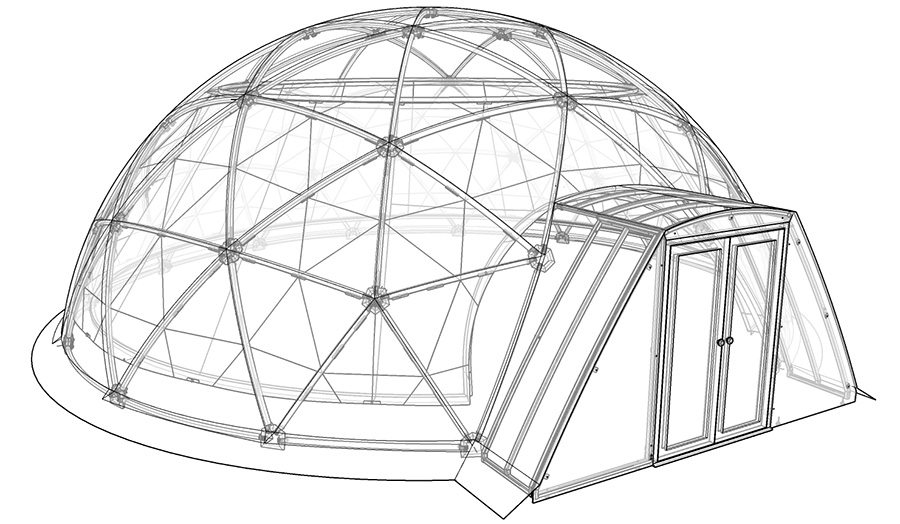

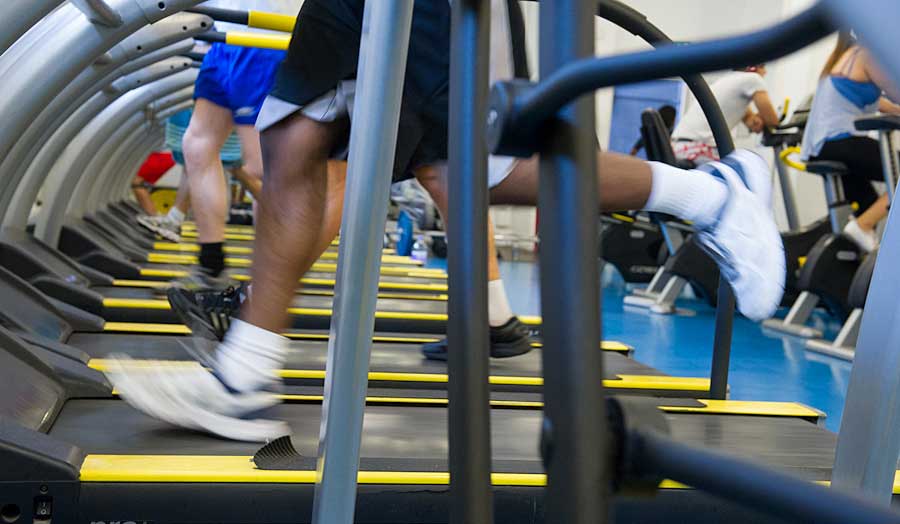
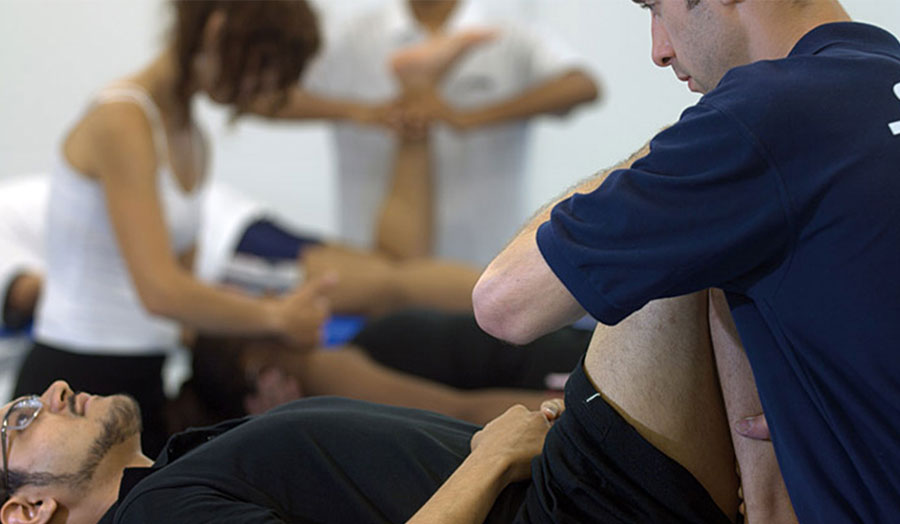
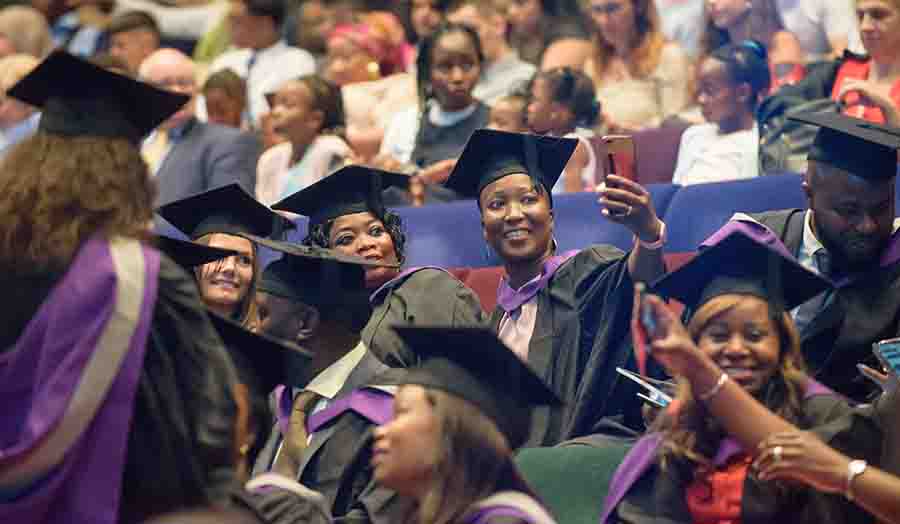
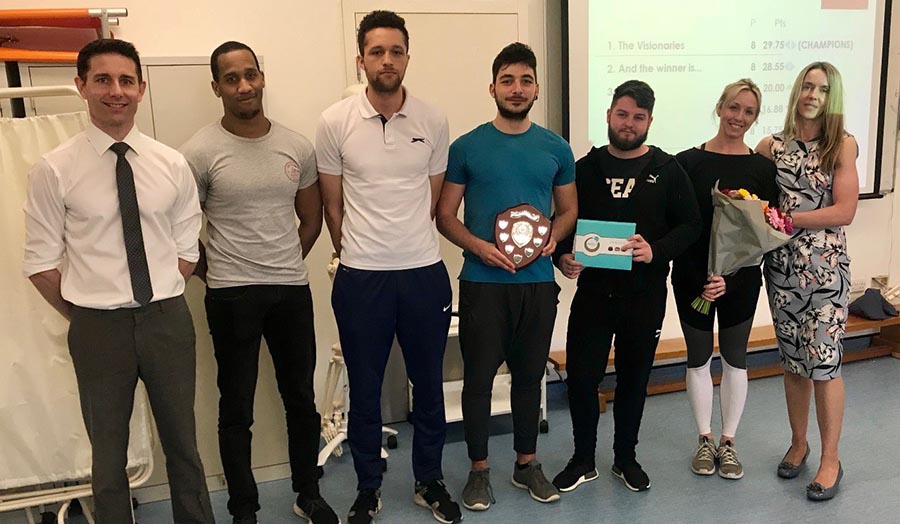
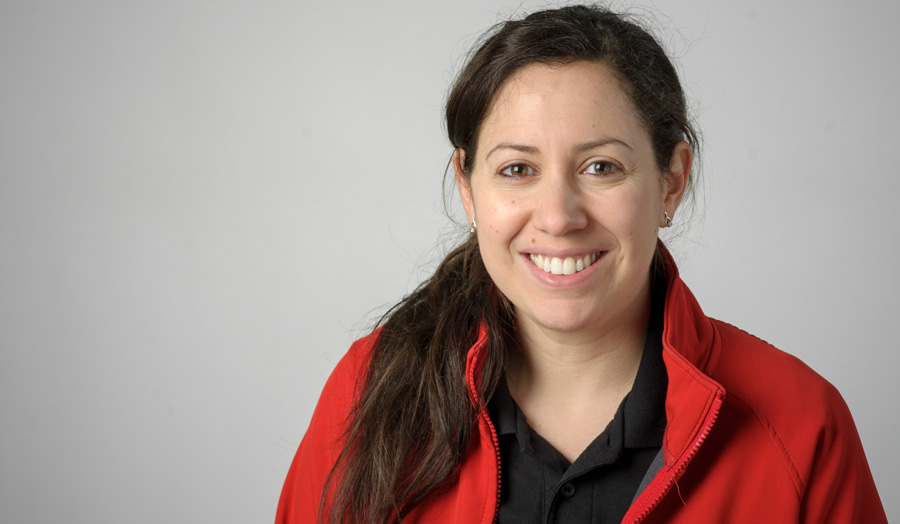
.png.jpeg)
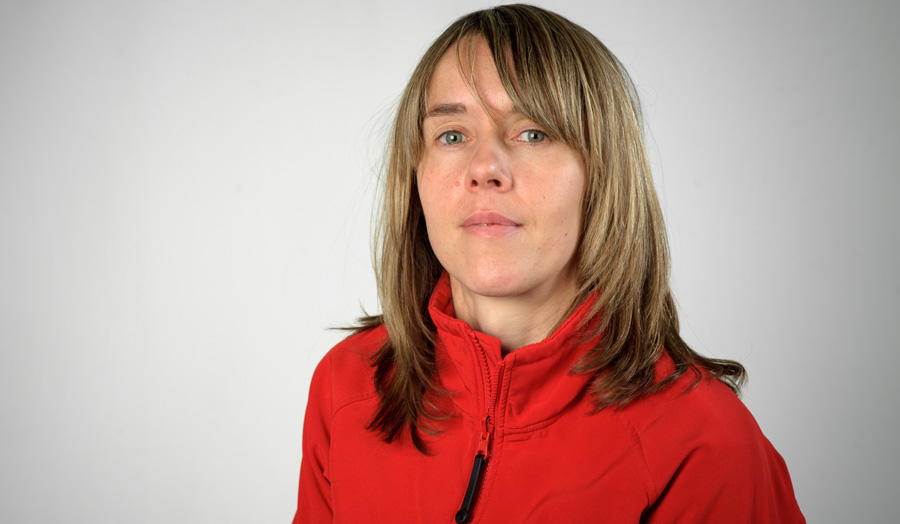
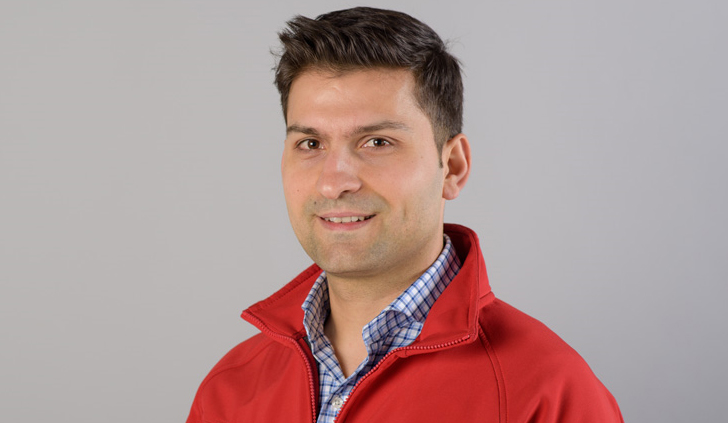
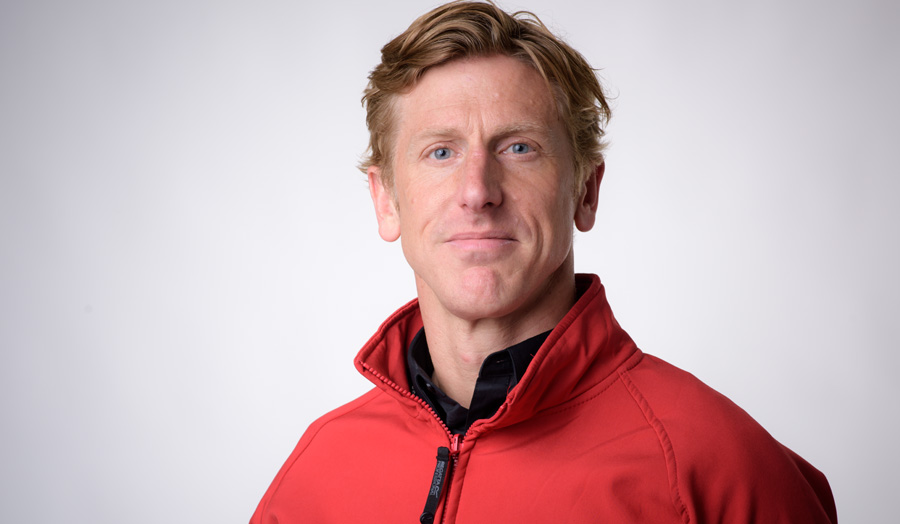
.png)


